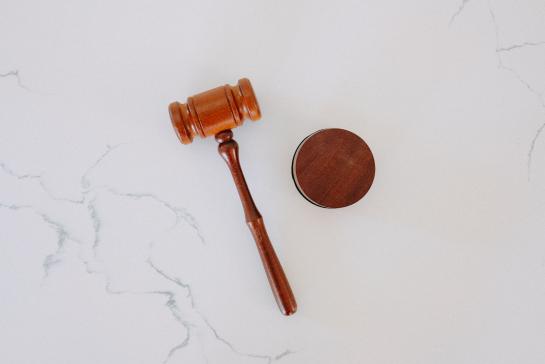
What about artificial intelligence and intellectual property?
In the world of artificial intelligence, complex questions arise about the use and copyright of AI-generated texts. VLAIO corporate intellectual property advisor Jarn Baele sheds his light on this topic.
The first question that needs to be asked is, can AI use other texts? The answer to this is yes but requires some clarifications. As long as the basic copyright principle of "you can be inspired by other texts, but you can’t copy them" is observed, this is not a problem, even with AI. The texts generated by AI are often new texts based on existing ones. Unfortunately, there is often no mention of the source in the case of Chat GPT, making it difficult to determine whether or not the text is a copy or what the new text is based on. Another problem is that AI language models are trained with online public texts. Here one can ask whether training falls under the heading of inspiring or not.
Then the next question arises: Does AI then have the copyright of the texts created? For now, the answer to this is no. AI does not get copyright on generated texts because copyright currently requires that a natural person be the creator who contains his personality in the work. AI does not have a personality. It is unclear if this will change in the future, but the current legal system does not allow it.
And what if you copy the texts from an AI language model without citing sources? This also poses a problem. AI language models have no copyright on generated texts, but the people who developed these models have established general terms and conditions. For example, Chat GPT may be used for various purposes, but some exceptions and conditions must be followed, such as proper referencing when copying the output. Copyrights on the texts are regulated in this way.
Want to know more? Read the full interview with VLAIO business consultant Jarn Baele here.
